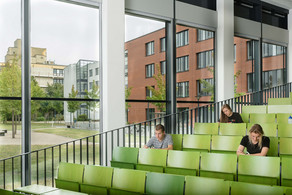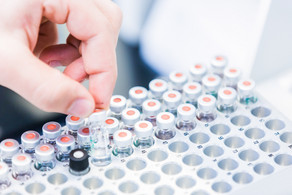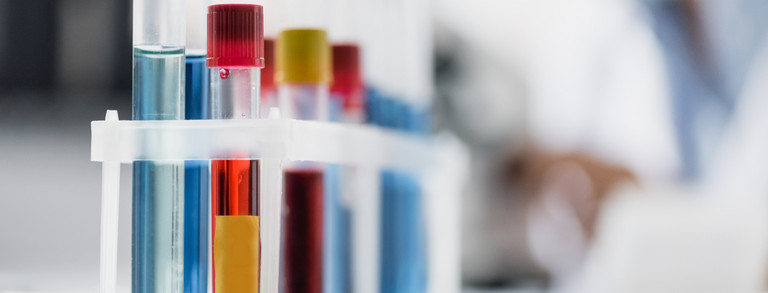Phosphate recycling
Phosphate recycling aims to improve the sustainability of phosphate use and reduce dependence on non-renewable phosphate ores. At the same time, the environmental impact can be reduced through a targeted circular economy. [1]
The research project focuses on a biotechnological approach in which phosphate is extracted from secondary sources such as raw manure and municipal wastewater using a filamentous bacterium. The phosphate is then processed via a suitable downstream and made available again for the circular economy.
The mineral is taken up by the bacteria from the surrounding medium and stored as polyphosphate. Under specific conditions, the bacteria release it back into the environment as orthophosphate. This mechanism serves as the basis for technical application. The aim of the research is to precisely define the necessary conditions, optimize them and incorporate them into efficient process development.
The concept was christened PhosFad and originates from a master's course in bio and chemical engineering. The team behind the development consists of Jan Seemann, Fabienne Ryll, Abirtha Suthakar and Ronja Weidemann. Together, the team has already taken part in three competitions with their idea and successfully won 2nd place in all of them. Thanks to the positive and motivating feedback from the expert judges, the team's journey continues. They are currently working on the feasibility study described above.
[1] Status paper - Phosphate recovery, ProcessNet, 2017, https://dechema.de/dechema_media/Downloads/Positionspapiere/Statuspap_Phosphat_2017_FINAL_NOV-p-20003290.pdf, accessed on 2.2.2024








